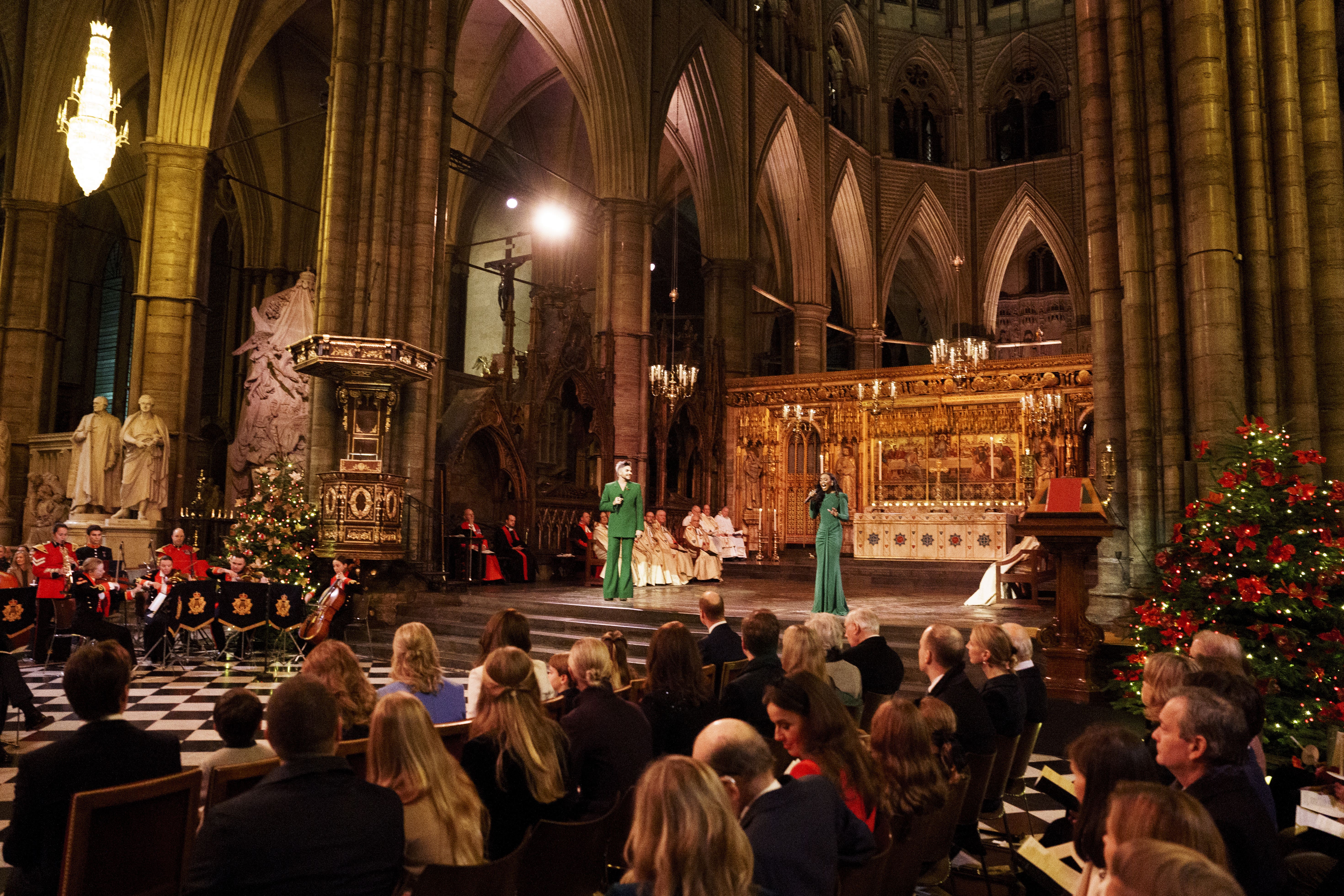Welsh most likely to listen to classical Christmas music at home – survey
The festive period marks a time of discovery for those who do not usually listen to classical music, the poll found.

Your support helps us to tell the story
From reproductive rights to climate change to Big Tech, The Independent is on the ground when the story is developing. Whether it's investigating the financials of Elon Musk's pro-Trump PAC or producing our latest documentary, 'The A Word', which shines a light on the American women fighting for reproductive rights, we know how important it is to parse out the facts from the messaging.
At such a critical moment in US history, we need reporters on the ground. Your donation allows us to keep sending journalists to speak to both sides of the story.
The Independent is trusted by Americans across the entire political spectrum. And unlike many other quality news outlets, we choose not to lock Americans out of our reporting and analysis with paywalls. We believe quality journalism should be available to everyone, paid for by those who can afford it.
Your support makes all the difference.The Welsh are most likely to get in to the holiday spirit by listening to classical Christmas music at home, according to a new report.
Research from the Royal Philharmonic Orchestra shows that 56% of those surveyed from Wales will tune in to carols and choral music in their homes to feel the festive cheer in December, with the South West coming next at 54%.
The North East came out on top in getting together to sing Christmas carols at home (30%), with those in East Anglia following behind as 22% from the area said they would.
In the south of the country, Londoners are most likely to add classical tunes to their playlists at Christmas (25%), surpassing the Welsh (23%).
Those in the capital also came out on top in attending an orchestral concert to see the year out (24%), ahead of 17% from the West Midlands saying they would.
People in the South East were highest for listening to classical radio over the festive period (21%), with Londoners also opting to get into the festive spirit this way with 19% saying they do.
Across the UK, the survey found 83% of adults said they will engage with classical and choral music in some form in December, a rise on 76% from the summer.
It also marks a period of discovery for those who do not usually listen to classical music, with 88% who are new to the genre saying they will dive in deeper at this time of the year.
Some 51% of those who have no relationship with the genre say they will give it a go over Christmas.
Those who typically opt for other genres will also dabble in the orchestral world over Christmas, with 26% of rock and metal fans saying they will listen to some classical festive music in the car.
The survey suggests 22% of blues and country lovers will switch to classical radio over Christmas and 21% of indie listeners will add classical tunes to their playlists for the season.
Elsewhere, 21% of dance and rap fans said they will sing Christmas carols at home with loved ones over the festive period.
Managing director at the Royal Philharmonic Orchestra Sarah Bardwell said: “Over the last 18 months, our research has quantified the size and diversity of new audiences that are experiencing the orchestral world for the first time.
“Technology has played its part in making the genre more accessible, but our data also suggests that the thrill of a live performance and the diversity of concert programming is also playing a significant role.
“Our latest research suggests many people will experience classical and choral music for the first time over Christmas, whilst others will take their journeys of discovery a step further.”
The survey was conducted for the Royal Philharmonic Orchestra among a nationally representative sample of 2,000 adults in November.